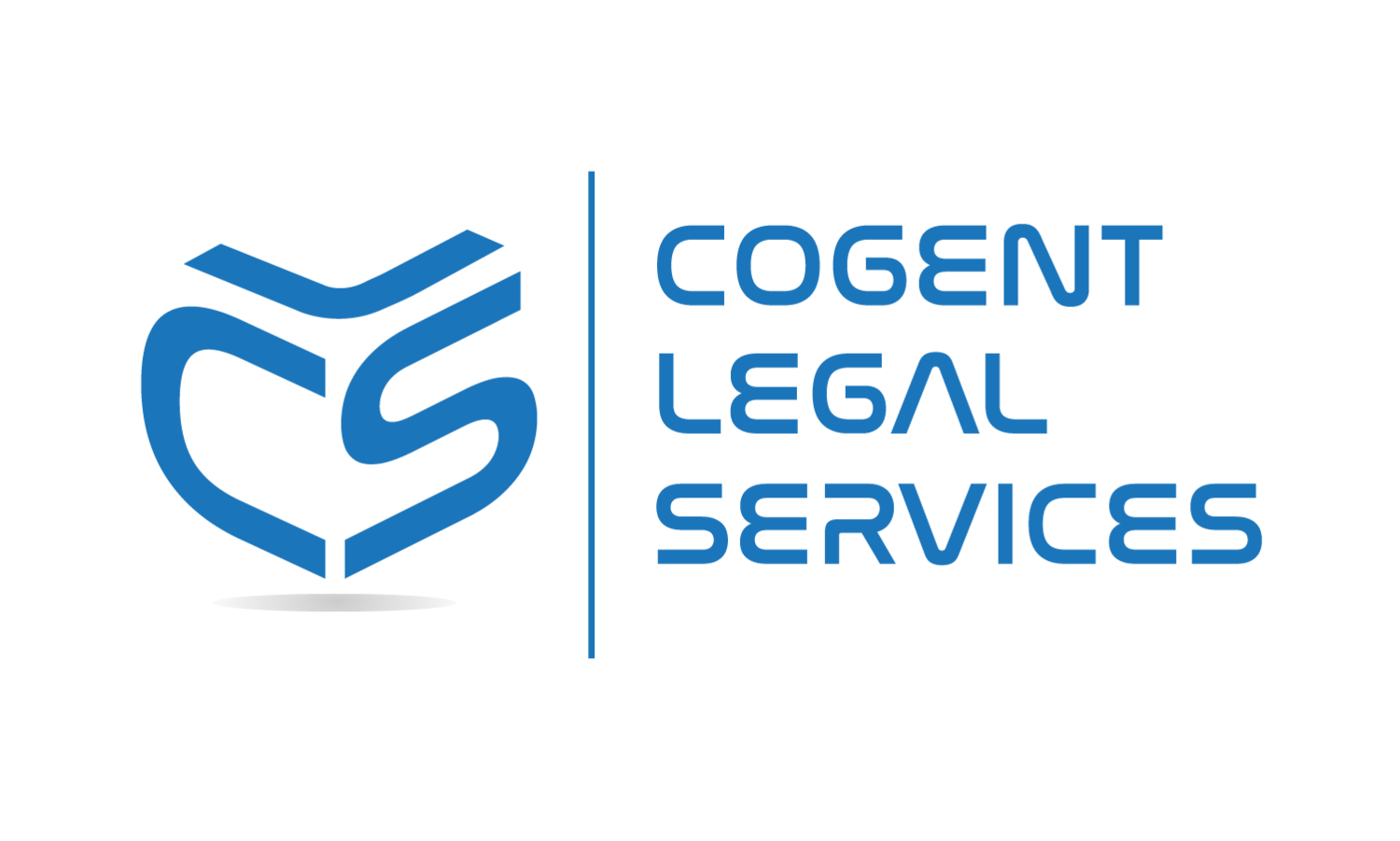Understanding the Role of HIPAA in Court Reporting
HIPAA, or the Health Insurance Portability and Accountability Act of 1996, is a crucial component of data protection within the healthcare industry. It sets the stage for the protection of sensitive patient data, known as protected health information (PHI), through a series of regulatory standards. These standards oversee the lawful disclosure of PHI, ensuring the companies dealing with such information maintain physical, network, and process security measures under the umbrella of HIPAA compliance.
The Department of Health and Human Services (HHS) regulates this compliance, with enforcement carried out by the Office of Civil Rights (OCR). The OCR provides routine guidance on emerging issues in healthcare systems, while also investigating violations of HIPAA compliance.
While it is clear that healthcare organizations need to adhere to HIPAA, the need for compliance also extends to industries you may not immediately associate with PHI, such as court reporting services.
Court Reporting and HIPAA Compliance
Often overlooked in terms of HIPAA compliance, court reporters play a crucial role in the legal services industry. From West Palm Beach court to Fort Lauderdale court, court reporters, also known as courtroom typers or court transcribers, are responsible for accurately recording spoken words in a court setting, transforming them into written transcripts.
As a part of their responsibilities, court reporters often encounter sensitive information. This can include PHI, especially in cases related to healthcare disputes or malpractice. Because they hear, record, and store this information, court reporters are bound by HIPAA regulations, much like other covered entities.
Choosing the Right Court Reporting Agency
Understanding this, it's vital to select litigation support services or court reporting agencies that recognize the importance of HIPAA compliance. Be it for remote court reporting, real-time court reporting, or last-minute court reporter needs, choosing a court reporting firm that is technologically astute and adheres to the stringent standards set out by HIPAA is critical.
Take, for example, court reporters in Miami or Tampa court reporters. These professionals, who provide legal services in Miami and Tampa respectively, must also abide by the same compliance requirements. From the stenotype alphabet they use to record proceedings to the court transcriber keyboard they utilize, every aspect of their work needs to align with HIPAA regulations.
This compliance doesn't only fall on the court reporters themselves. Attorneys can be held liable for any HIPAA violation caused by court reporters. Therefore, it's essential to work with trustworthy court reporting firms like Florida court reporting agencies, who are known for their adherence to legal standards and their high-quality litigation support services.
The Cogent Legal Services Assurance
At Cogent Legal Services, a premier court reporting firm, our court reporters receive annual HIPAA compliance training, ensuring they are well-versed with industry requirements. We take pride in providing professional court services, including Florida court reporting, and ensure our clients that our commitment to their cases is as unwavering as our commitment to data protection and privacy.
Whether you need a court reporter in Orlando FL, a court reporter in Fort Lauderdale FL, or court reporting in West Palm Beach, our team of experienced professionals is ready to assist you.
Do you have questions, or need to schedule your next deposition? Get in touch with us! From remote depositions to providing litigation video services, we've got you covered.

